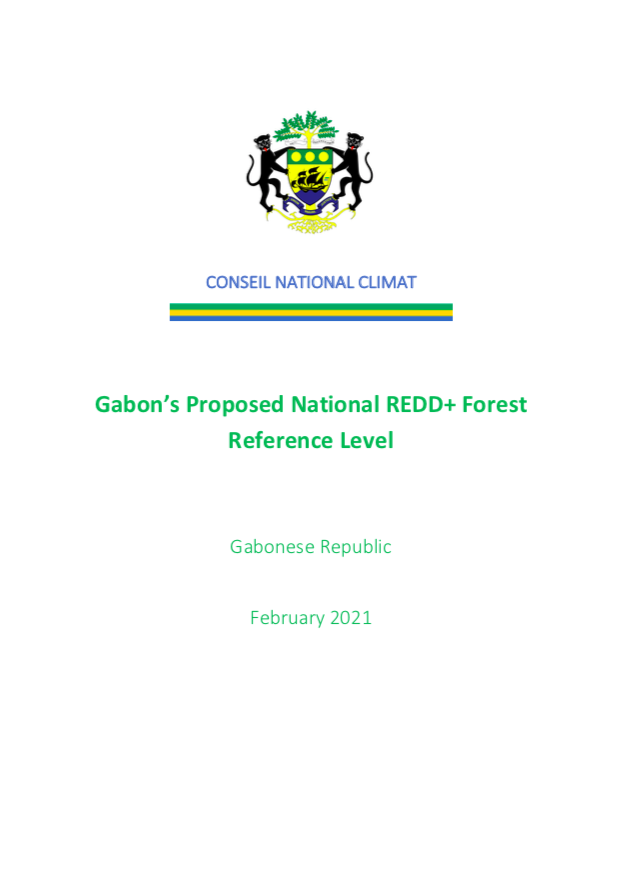The social and ecological costs of reforestation. Territorialization and industrialization of land use accompany forest transitions in Southeast Asia
Five Southeast Asian countries (Thailand, Vietnam, Laos, Philippines and Malaysia) have experienced forest transitions, that is, a shift from net deforestation to net increases in forest area, since the 1990s. Climate change mitigation policies such as REDD+ actively promote reforestation, especially in the Global South, where they have been accompanied by exclusionary effects, known as green grabbing.





